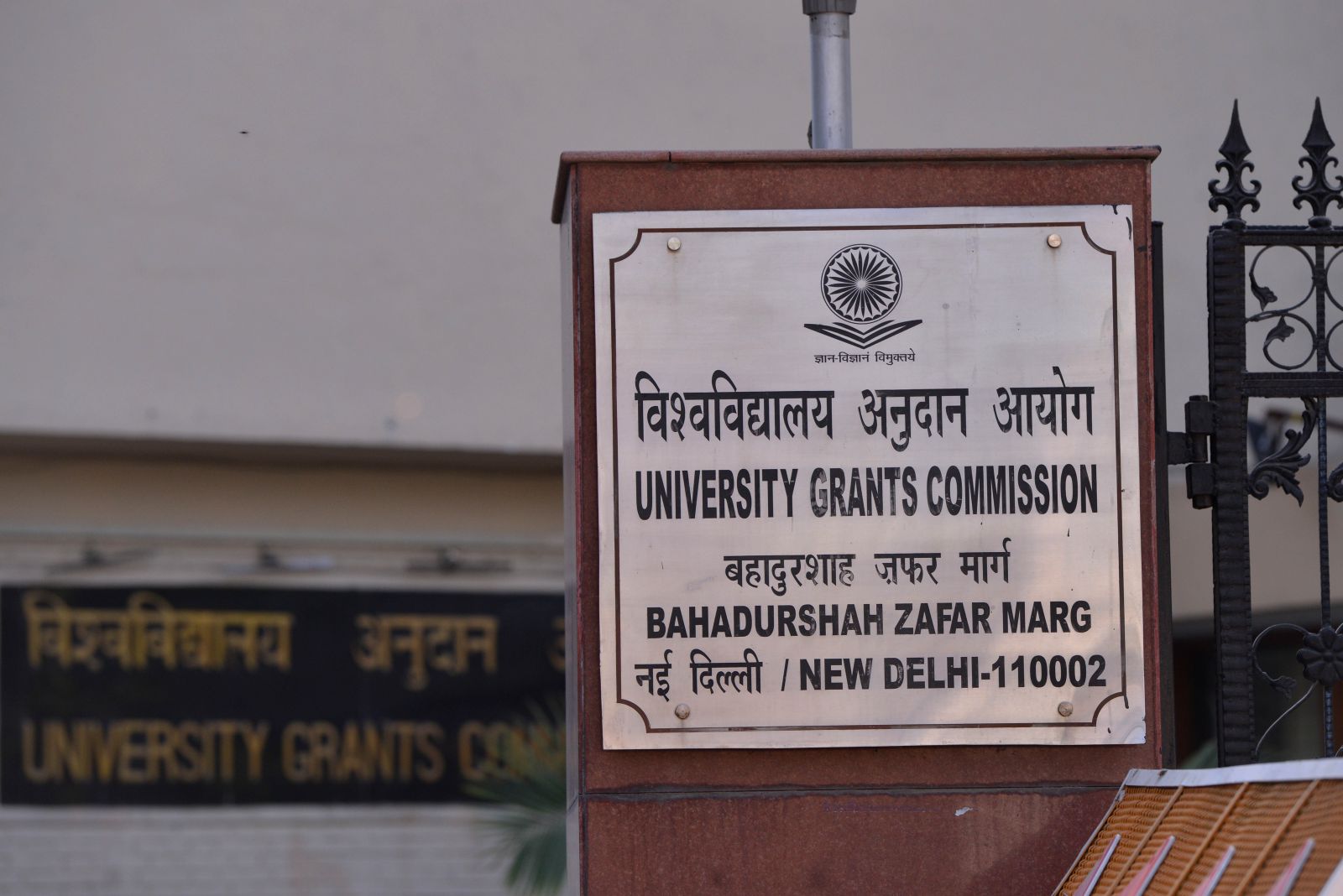Higher education regulator UGC has shelved a proposal that could have raised the cost of online higher education, at a time the government’s push to expand such courses has raised concerns about quality and accessibility for the deprived segments.
Under the proposal, universities were to be asked to pay to the Centre’s e-content platform, Swayam, 15 per cent of the fees they collect from students who make use of the platform.
A University Grants Commission official told The Telegraph the regulator wanted to spare the students, to whom the universities would probably have passed on the extra charge.
Also, he said, the commission wanted to prevent an escalation of criticism from academics that its latest promotion of online education would harm quality and victimise impoverished students.
The fee share proposal has come at a time the UGC is on the verge of formally announcing a wide expansion of online courses, citing the health threat posed by the coronavirus to face-to-face teaching.
These new courses are expected to make heavy use of Swayam, or Study Webs of Active Learning for Young Aspiring Minds. Therefore, getting a share of the student fees would have been lucrative for the platform, managed by the human resource development ministry with the help of IIT Madras and NPTEL, which report to it.
The proposal had come from the Swayam Board, headed by the higher education secretary who functions under the HRD ministry. The UGC reports to the same ministry.
Minutes of a UGC meeting of May 14 show the proposal was on the agenda but not among the decisions, implying the commission did not approve it.
“The Swayam Board had proposed that higher education institutions pay to the Swayam scheme 15 per cent of the fees collected from students for taking up any course from the Swayam portal. But this was not approved,” a UGC official said. “If it were approved, the universities might have increased the fees.”
Currently, the universities allow students to learn up to 20 per cent of certain non-technical courses from the Swayam platform, with the credits transferred to their regular academic account.
For this the universities charge a student about an extra Rs 500 to meet the expenses of holding proctored online tests, the UGC official said.
Swayam provides video lectures on various academic courses — from high school to university level — and follows this up by enabling peer group interaction and discussion over a messaging service.
Now the UGC has decided to raise the 20 per cent threshold to 40 per cent, and allow the 100 top universities to start new online courses without having to seek its permission. A formal announcement is to come this week.
Eminent sociologist Andre Beteille has joined other senior academics in suggesting the promotion of online education would hit the quality of education.
“Teaching-learning has for thousands of years been closely associated with direct interaction between student and teacher. You cannot reduce or replace that without causing great harm to higher education,” Beteille said.
Research backs up the quality concerns. A paper, “Virtual classrooms: how online college courses affect students”, published in the American Economic Review in September 2017, said that taking an online course reduces a student’s chances of success and progress in college.
Beteille said such a significant policy decision should have been discussed thoroughly with the stakeholders.
The UGC had during the lockdown set up a committee under Ignou vice-chancellor Nageswar Rao to suggest how to promote digital education.
It gave its report on April 24 after the subject was discussed twice at UGC meetings and approved. Neither the panel nor the UGC held wider consultations.
“This government, in particular, acts in haste. Once it gets an idea it moves fast to implement it without proper reflection,” Beteille said.
Vivek Kumar, chairperson of the Centre for the Study of Social Systems at JNU, said an expansion of online education would widen the already severe inequality in access to higher education.
“Students from poor sections of society and remote areas cannot access these courses,” he said.
An email was sent to the HRD ministry on May 18 seeking its reactions to the concerns about the quality of online education and the “haste” behind the latest decisions. No response had come till Wednesday night.










